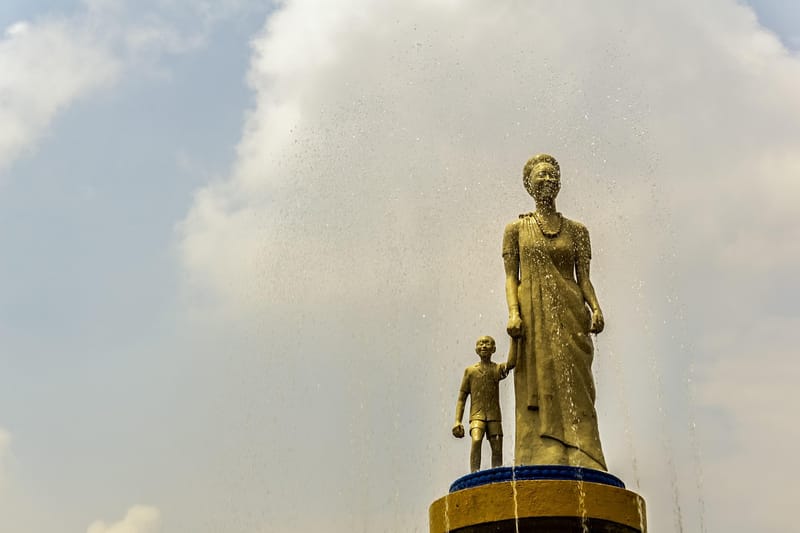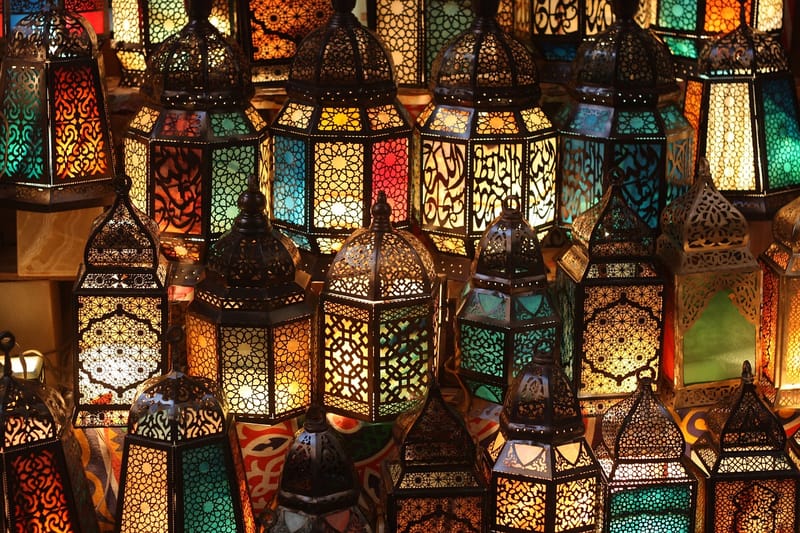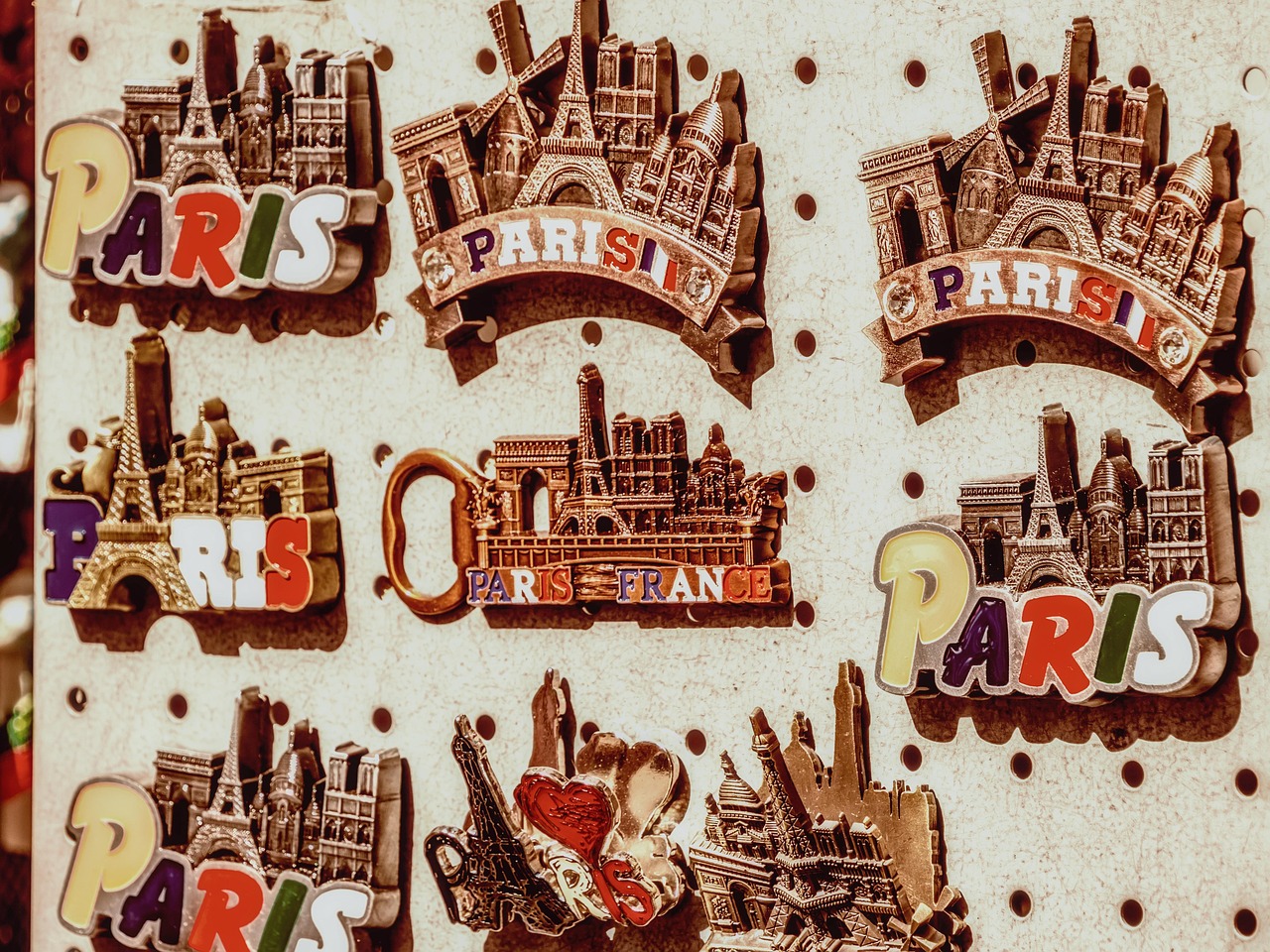Historical Visits - Part 3
Exploring Historical Events: Part 3
Welcome to the third installment of our series on historical events that have shaped the world we live in today. In this edition, we will delve into more captivating events that have left a lasting impact on society and culture.
The Fall of the Berlin Wall (1989)
The Fall of the Berlin Wall on November 9, 1989, marked the symbolic end of the Cold War. The wall had divided East and West Berlin for 28 years, and its collapse paved the way for German reunification and the eventual dissolution of the Soviet Union.

The Rwandan Genocide (1994)
In 1994, over the course of 100 days, approximately 800,000 Rwandans were brutally killed in one of the most tragic genocides in history. The international community's failure to intervene highlighted the dire consequences of inaction in the face of such atrocities.

The Arab Spring (2010-2012)
The Arab Spring was a series of pro-democracy uprisings that spread across the Middle East and North Africa, leading to the overthrow of authoritarian regimes in countries like Tunisia, Egypt, Libya, and Yemen. While it initially raised hopes for democratic change, the outcomes varied significantly in different regions.

Conclusion
These historical events serve as reminders of the complexities of human history and the significant impact they have on shaping our world. By learning from the past, we can strive to build a better future for generations to come.
Stay tuned for the next installment of our series as we continue to explore pivotal moments in history.
